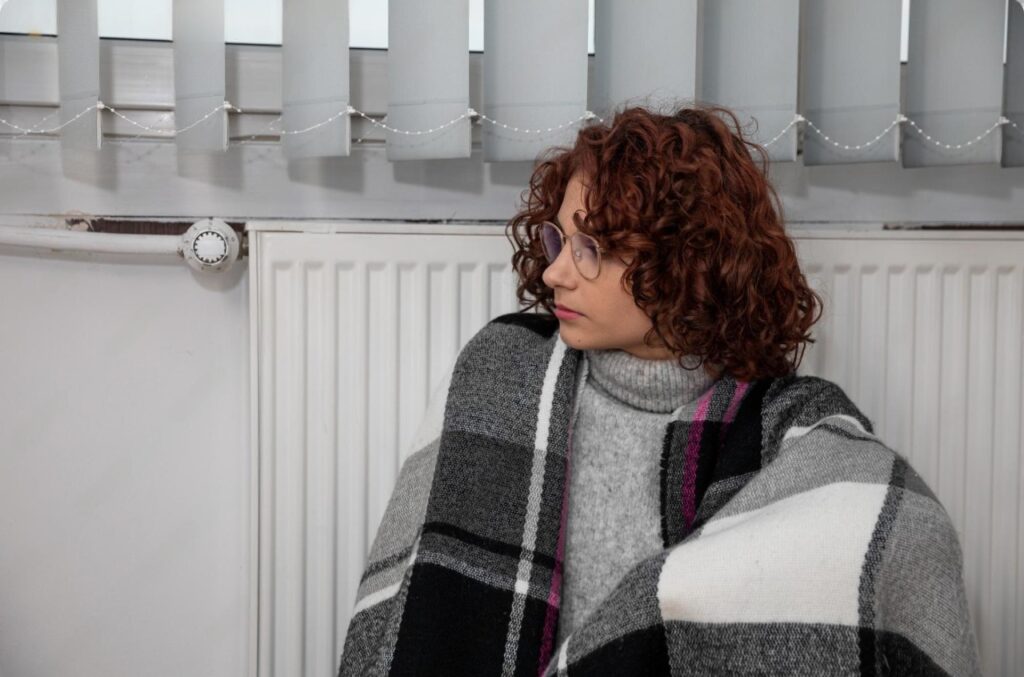How to Bleed a Radiator (Without Calling a Plumber)!
If your radiator is making gurgling noises or staying cold at the top, chances are there’s air trapped inside the system. This is one of the most common heating issues in UK homes, especially during autumn and winter. The good news? Bleeding a radiator is a simple task you can often do yourself without any tools beyond a radiator key and a towel.
In this guide, we’ll walk you through what radiator bleeding is, how to do it safely, and when you might still need a professional.
What Does “Bleeding a Radiator” Mean?
Bleeding a radiator means releasing the air that gets trapped inside your central heating system. That air stops hot water from fully circulating, which means parts of your radiator (usually the top) stay cold while the rest heats up.

Signs Your Radiator Needs Bleeding
Here’s how to tell if bleeding is needed:
- The radiator is warm at the bottom but cold at the top
- You hear bubbling or gurgling sounds when the heating is on
- Your central heating feels less effective overall
- It’s taking longer for rooms to heat up
What You’ll Need
- A radiator key (available at most hardware shops)
- A cloth or towel (to catch any drips)
- Optional: a small bowl to collect water
Step-by-Step: How to Bleed a Radiator
- Turn off the heating
Make sure your boiler is off and the radiators are cool before starting. Bleeding a hot radiator can cause hot water to spray out. - Find the bleed valve
At the top of your radiator, on one side, there’s a small square valve. That’s where the radiator key goes. - Place the cloth underneath
Use a cloth or towel to catch any drips — a bit of water is normal. - Insert the radiator key
Turn it anti-clockwise slowly. You’ll hear a hissing sound — that’s the trapped air escaping. - Close the valve
Once water starts to flow out steadily (without air), tighten the valve by turning the key clockwise. - Check your boiler pressure
Bleeding several radiators may drop your boiler pressure. If it’s too low, you may need to top it up.
When Not to Bleed It Yourself
If:
- You’ve bled the radiator and it’s still cold
- You’re unsure how to repressurise the boiler
- The heating system is noisy or leaking
it’s best to call a qualified engineer to avoid damaging the system.
Need Help in Kent?
If you’re in Kent and need help with your heating system, our local team is on call 24/7. Whether it’s stubborn cold radiators or a full central heating issue, we’re just one call away.